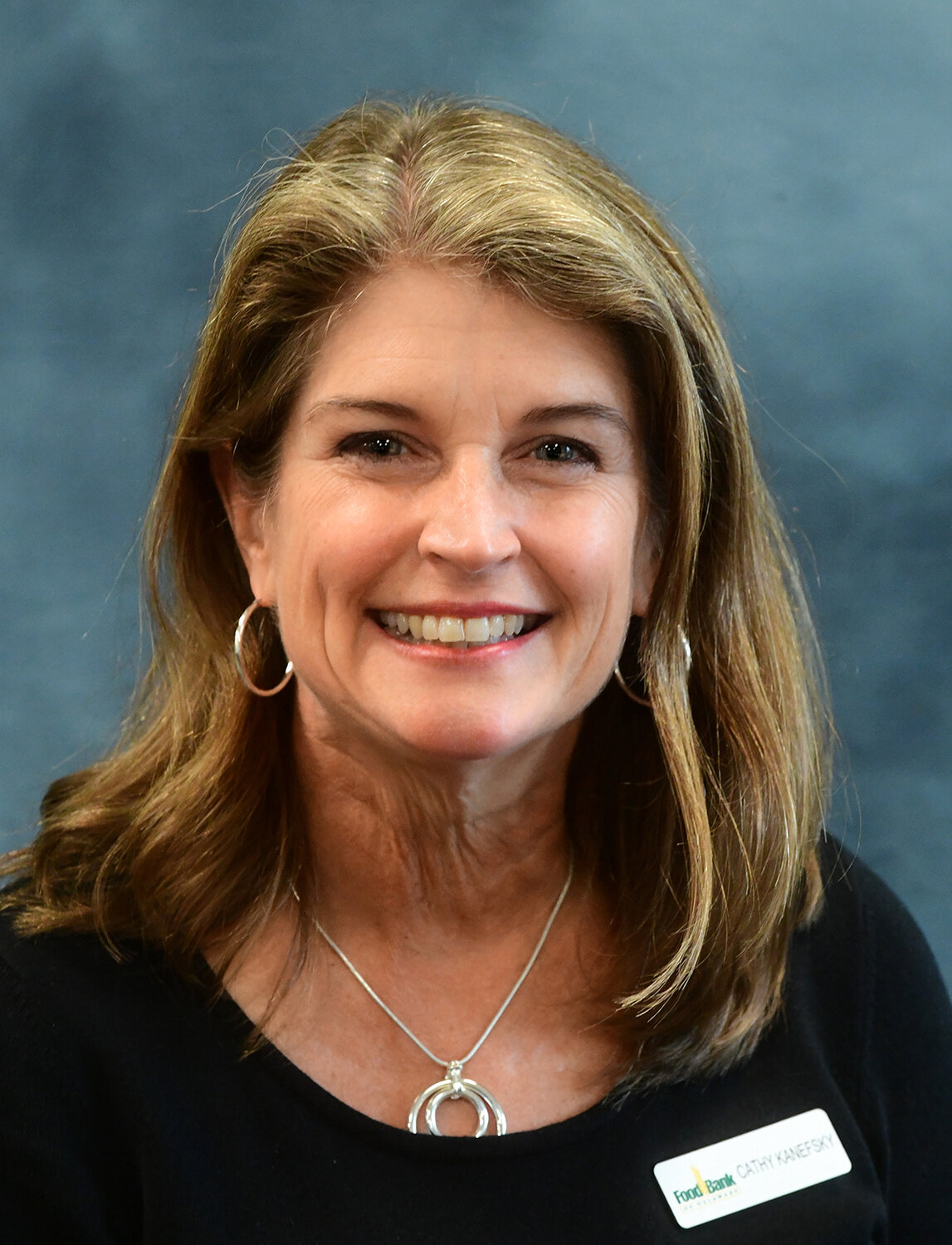Kanefsky: A call to action to address poverty
Cathy Kanefsky is president and CEO of the Food Bank of Delaware.
As the president and CEO of the Food Bank of Delaware, I commend the Daily State News for shedding a light on the issue of poverty in our community through its Seeds of Need poverty series.
Often, when we tell community leaders that we are seeing more people now than at the height of the pandemic, they are surprised. The Seeds of Need series shows the community what we and other human service providers witness daily.
Food insecurity — the lack of consistent access to enough food for an active, healthy life — is not a stand-alone issue. It is a symptom of deeper socioeconomic problems.
The cost of living has skyrocketed in recent years, placing a significant burden on individuals and families across our state. Housing, food, health care, transportation and child care costs have all increased.
When facing financial hardship, people often skip meals as one of the first measures to reduce expenses. Fortunately, the Food Bank of Delaware and other community service providers exist so Delawareans do not have to make this difficult decision. Because of the record number of people turning to us, donations are no longer keeping up with demands.
Last year, we provided more than $2.3 million worth of no-cost food to partner food closets throughout the state. This year, we anticipate spending $5.1 million to maintain this level of service. However, our partners all report seeing more people in line. For all of us, the goal is to shorten these lines. Our vision is a community free of hunger; to accomplish this, we must come together to address the root causes of food insecurity and work toward sustainable solutions.
March 17’s “1 in 10 in poverty” article highlighted Delaware’s asset-limited, income-constrained and employed (ALICE) population. According to United Way’s 2023 report, 45,592 Delaware households were below the federal poverty line in 2021, and another 115,276 families were in the ALICE population.
These individuals often make too much to qualify for benefits assistance but too little to make ends meet. We serve neighbors each day who fall into this category of earners.
They are the essential workers, the service providers, the caregivers and the backbone of many communities. They work hard, sometimes multiple, jobs yet find themselves financially fragile, with little to no savings and constant worry about unexpected expenses.
The Seeds of Need series has introduced us to dedicated Delawareans who are working every day and doing their best to provide for their families. Despite their best efforts, sometimes, that is not even enough to get by.
There also exists a critical juncture known as the “benefits cliff” — a point at which individuals and families lose access to crucial government assistance programs as their income rises, often leaving them worse off financially.
The benefits cliff primarily affects low-income individuals and families who rely on programs such as Medicaid, the Supplemental Nutrition Assistance Program and housing assistance. As their income increases, they reach a threshold where they no longer qualify for these benefits. However, the increase is often not enough to offset the loss of benefits, resulting in a net decrease in income.
This structure creates a disincentive for individuals to seek higher-paying jobs or work more hours, as doing so could result in a loss of crucial benefits. It also discourages savings and investment, as accumulating assets could push them over the eligibility threshold for assistance. The cliff effect creates a barrier to economic mobility and traps many in a cycle of poverty.
Addressing both the benefits cliff and poverty requires a comprehensive approach. We must balance the need to provide a safety net for those in need with the goal of promoting economic mobility. It’s why we are so focused at the Food Bank of Delaware on providing “Food for Today and Food for Tomorrow.” Our programs focus on the immediate food needs of our neighbors but also on economic mobility, so neighbors can get to a place where they no longer need our services.
We look forward to the continuation of this important series, so together we can come up with solutions to our community’s pressing challenges. It is only by lifting up the most vulnerable among us that we can truly build a more resilient and prosperous future for everyone.
Reader reactions, pro or con, are welcomed at civiltalk@iniusa.org.







